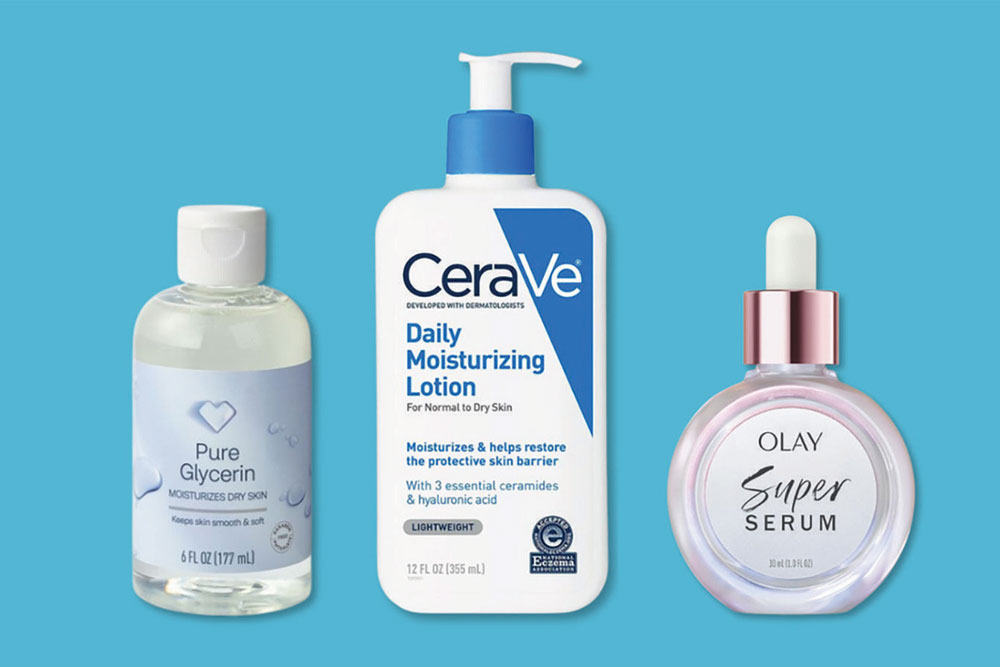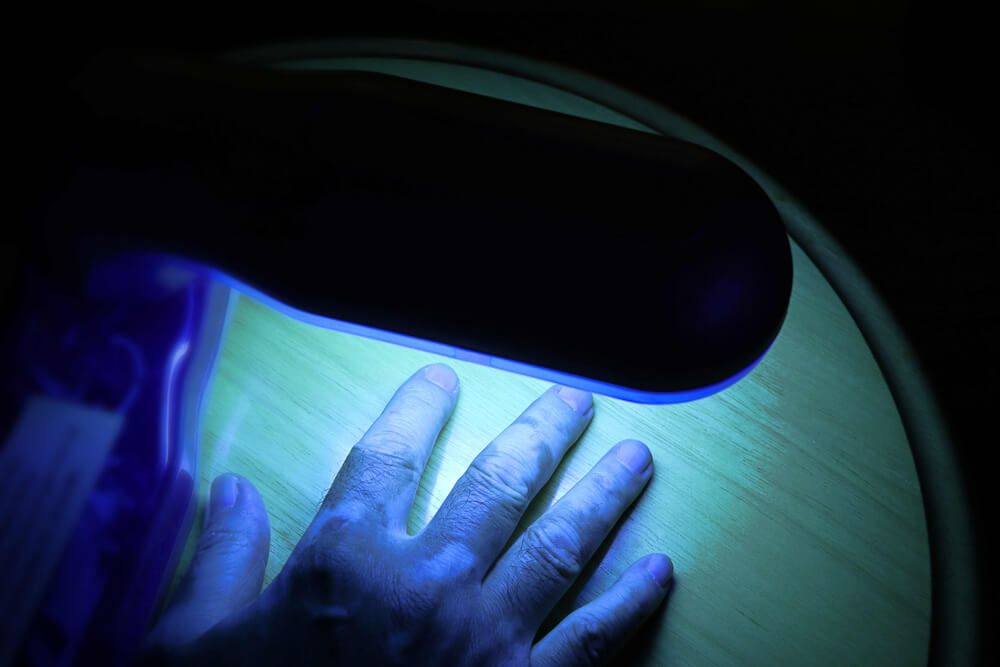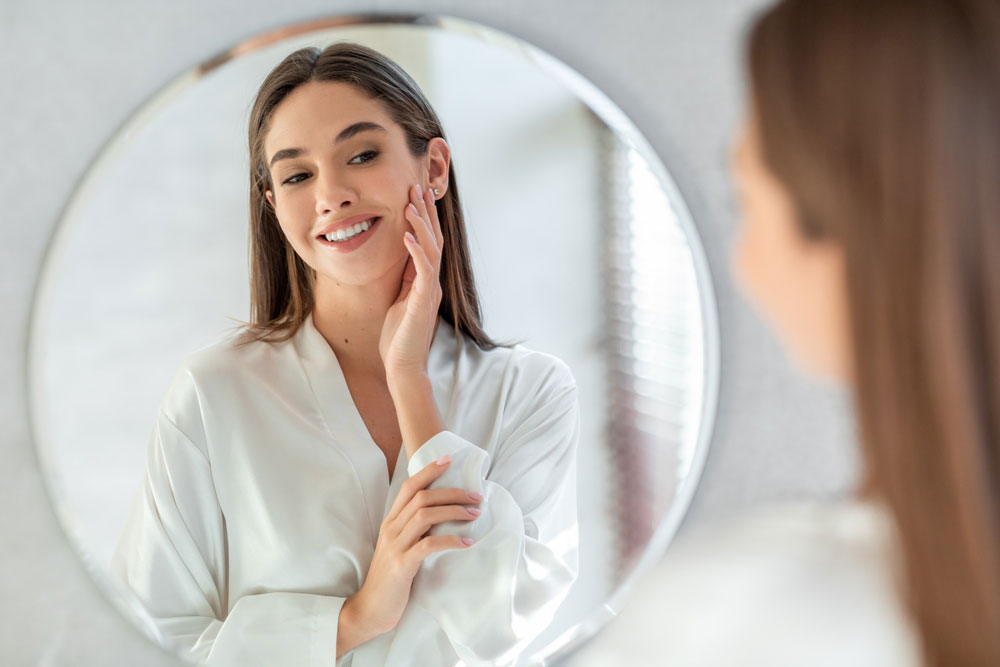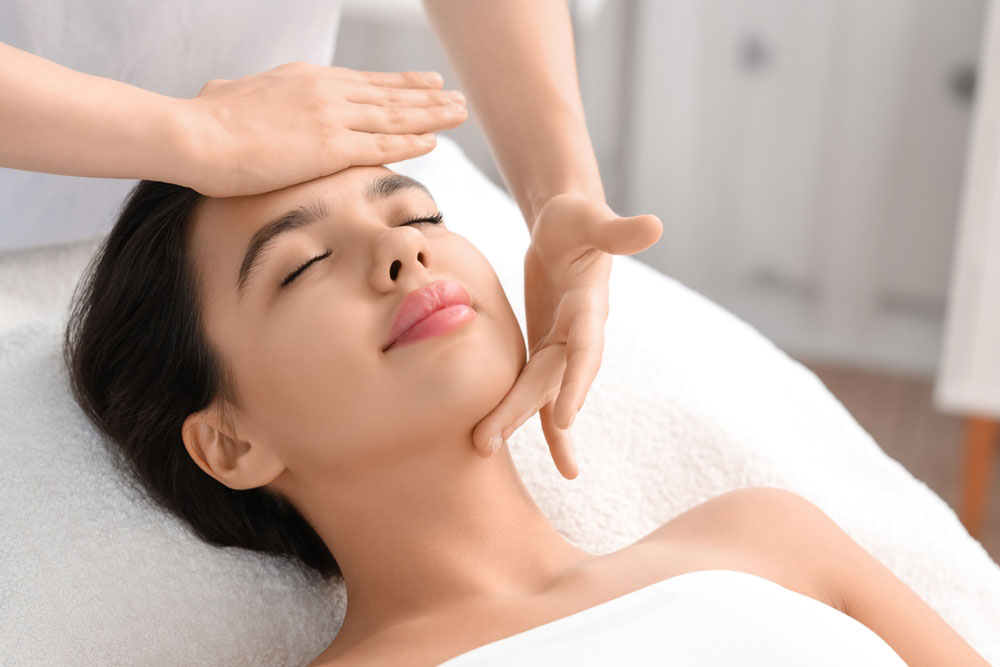By Dori Price Published: May 28, 2024
This skincare ingredient hydrates and softens like a pro.
When it comes to skincare ingredients, there are trendy ones and there are tried and true classics that are in many of your go-to products. Glycerin falls into the latter category. “Glycerin, also known as glycerol, is a simple colorless, odorless liquid that is non-toxic,” explains Navin S. Arora, D.O., F.A.A.D., and founder of Borealis Dermatology in Garden City, New York. “Glycerin is a humectant, which means it attracts moisture from the environment into the skin. It is widely used in various skincare products due to its moisturizing properties.”
“Glycerin comes in different grades of purity and can be manufactured from different sources,” says Chiara Butler, a reviews analyst in the Good Housekeeping Institute Beauty, Health and Sustainability Lab. “The glycerin used in skincare is typically USP grade, which means that it meets a high standard of purity set by the United States Pharmacopeia and it is fit for pharmaceutical use.”
Glycerin can be made from vegetable, animal or synthetic sources. “Vegetable glycerin comes from a vegetable oil source such as palm, soybean or corn oil and is the type most commonly used in skincare,” says Butler. Synthetic glycerin is produced through chemical synthesis, often from petroleum-based products. And pure glycerin can be purchased online or from drugstores. If you want to try pure glycerin on your skin, “look for a bottle that is USP grade,” says Butler.
You’ll find glycerin in a lot of your go-to products, as “almost every skincare product that contains water also contains glycerin,” says Butler. It is often found in cleansers, serums, creams, toners, mists, sunscreens and other products. “It improves the hydrating quality of skincare products and also has some effect as a preservative booster in products that contain water,” she adds.
The skin benefits of glycerin
- Provides skin barrier protection: “It strengthens the skin’s natural barrier, preventing moisture loss and protecting against environmental irritants, according to one study,” says Dr. Arora.
- Moisturizes: “Glycerin can penetrate and diffuse through the outermost layer of the skin to create a reservoir of moisture in it without disrupting its structure,” says Butler. “It also helps skin maintain its elasticity, a property that the skin loses when it’s very dry.”
- Improves texture: “Regular use of glycerin can lead to smoother, softer skin,” says Dr. Arora.
- Heals skin: “It can aid in the healing of wounds and enhance skin repair processes,” says Dr. Arora.
- Acts as a skin protectant: “The FDA recognizes glycerin as a skin protectant in over-the-counter drug products when used at 20 to 45% in a product,” explains Butler







